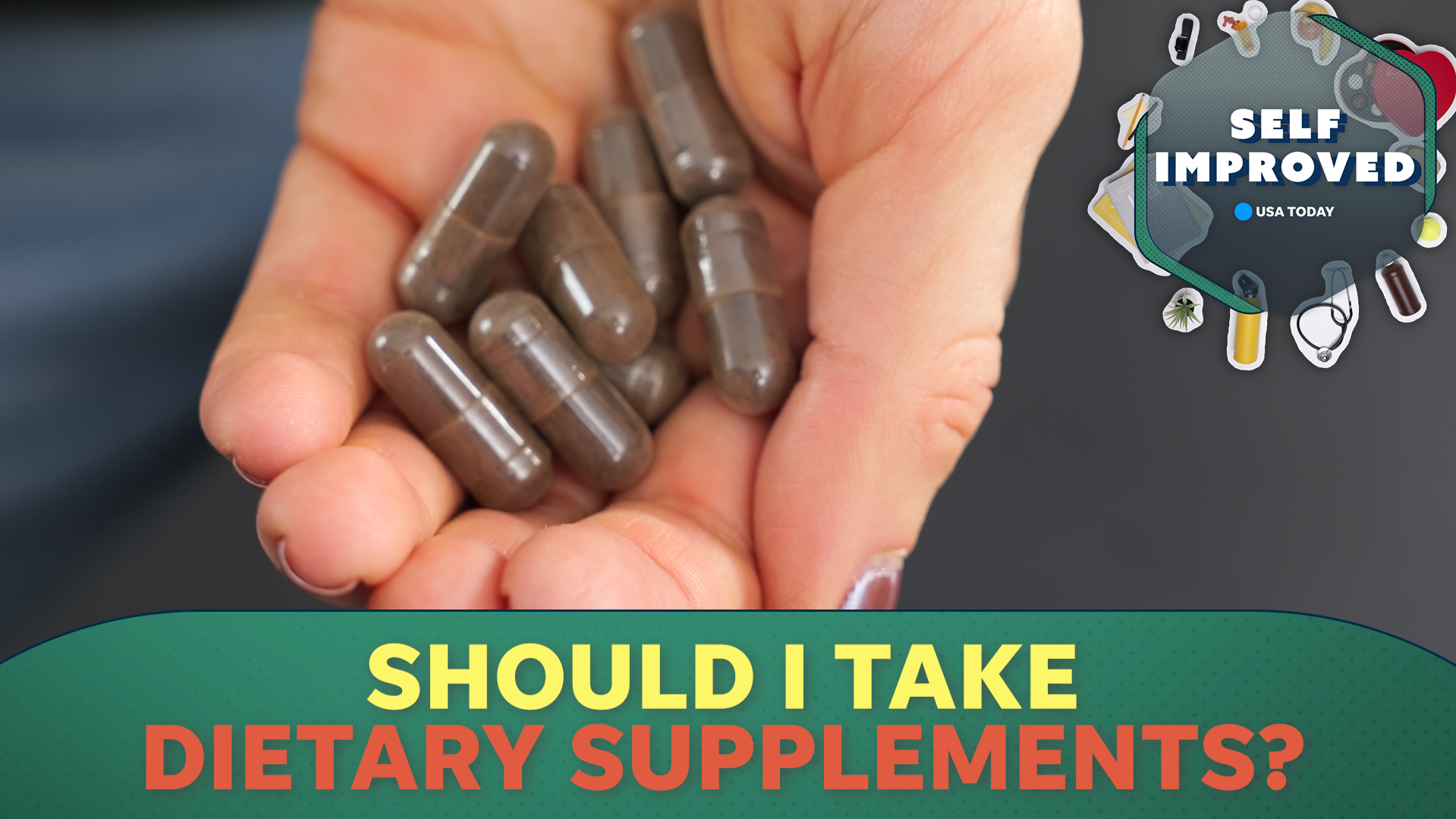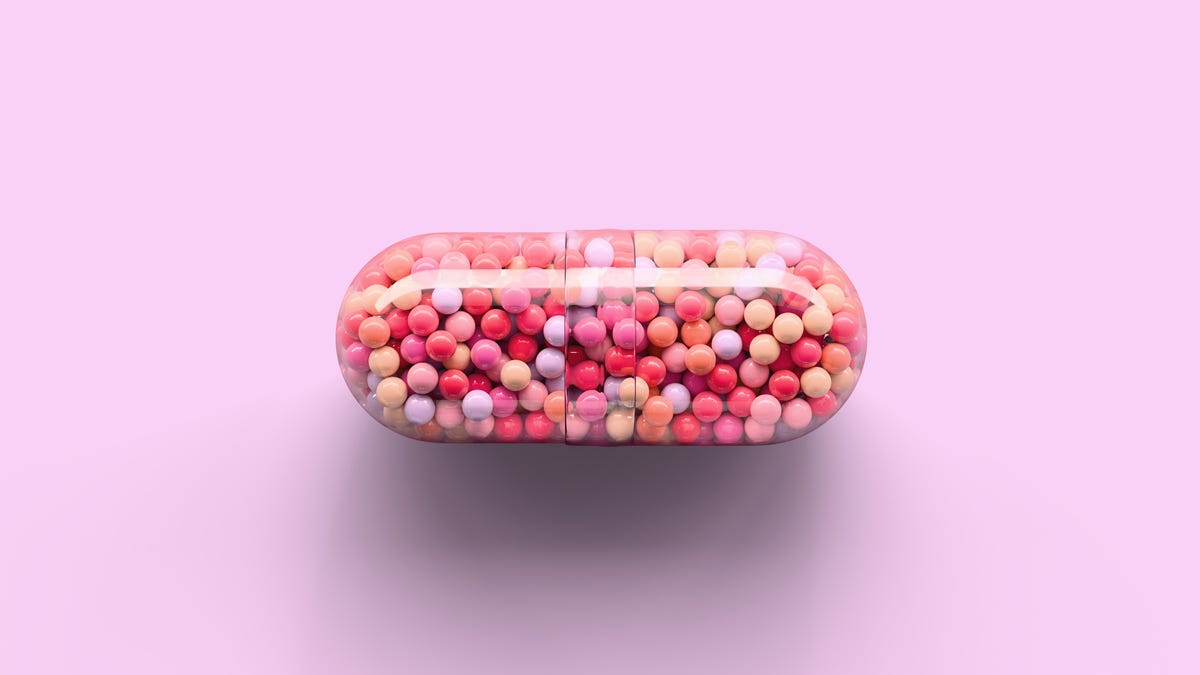
Dietitian reveals which supplements to add to your diet
Registered dietitian Abbey Sharp explains how to best benefit from taking dietary supplements if you’re thinking about adding them to your routine.
If your social media has been inundated with videos on NAD+ supplements, with influencers swearing by their ability to slow down the aging process and improve longevity, you might be wondering: Do the supplements actually live up to their potential benefits?
Researchers have started to turn their attention toward this elusive molecule, but current data is still quite limited. Here’s what NAD+ can, and probably can’t, do for your health, according to experts.
What is NAD+?
NAD+, otherwise known as nicotinamide adenine dinucleotide, is a co-enzyme that’s naturally occurring in the body. It is involved in a few bodily functions, but it primarily helps facilitate metabolic reactions within our cells to help create energy. You can think of it like this: “If your cell is a car, NAD would be the oil, not the gas,” says Dr. Angelo Landriscina, a board-certified dermatologist.
NAD+ is also central to DNA repair, balancing your circadian rhythm and regulating your metabolism, says Dr. Kefah Al Ramahi, an internal medicine physician with Hartford HealthCare.
What is NAD+ good for?
Wellness influencers may herald the supplement’s potential to boost energy levels and restore a youthful radiance to your skin. But what’s the logic behind it?
During the natural aging process, our NAD+ levels decline. By supplementing with NAD+, there’s some thought that it will “slow down the process of aging (and) slow down the damage of cells,” says Al Ramahi.
Unfortunately, it’s likely not that easy. NAD+ is a very large molecule, and isn’t well absorbed by the body in supplement form, says Landriscina. That’s why most NAD+ supplements available to purchase are actually made up of NAD+ precursors, which are meant to prompt NAD+ production. “Precursors are small enough molecules that we absorb, and then they (can be) enzymatically transformed into NAD+ in the body,” says Dr. Apple Bodemer, an integrative dermatologist at UW Health, and professor of dermatology at the University of Wisconsin School of Medicine and Public Health.
There is research to show NAD+ supplementation can increase NAD+ levels in the blood. However, for there to be any tangible benefits for improved energy and skin health, the molecule would successfully need to travel from your blood to your cells. So, when it comes to the oral supplements, even if some studies have shown they can increase NAD+ levels in the blood, “if we don’t have a measurable outcome from it, that essentially means nothing,” Landriscina says.
“When it comes to skin health and appearance, the data is pretty limited,” says Bodemer. For one, most studies have been conducted on animals, rather than humans. So, it’s hard to definitively say that “taking these supplements will do anything to change our skin or to ‘de-age,’ our appearance,” says Landriscina. “So, it’s not necessarily the fountain of youth that people think that it is.”
Are NAD+ supplements safe?
Current data shows NAD+ supplements are generally well-tolerated, and so far, they haven’t been linked to any severe side effects. However, that’s not to say these potential side effects could never occur. For this reason, “it’s always good to talk to your health care provider first before starting a long-term supplement,” says Bodemer.
To reach a proper verdict on whether NAD+ capsules have any tangible impact on health, the resounding conclusion is that we simply need more large-scale research to back their potential benefits, experts agree.
